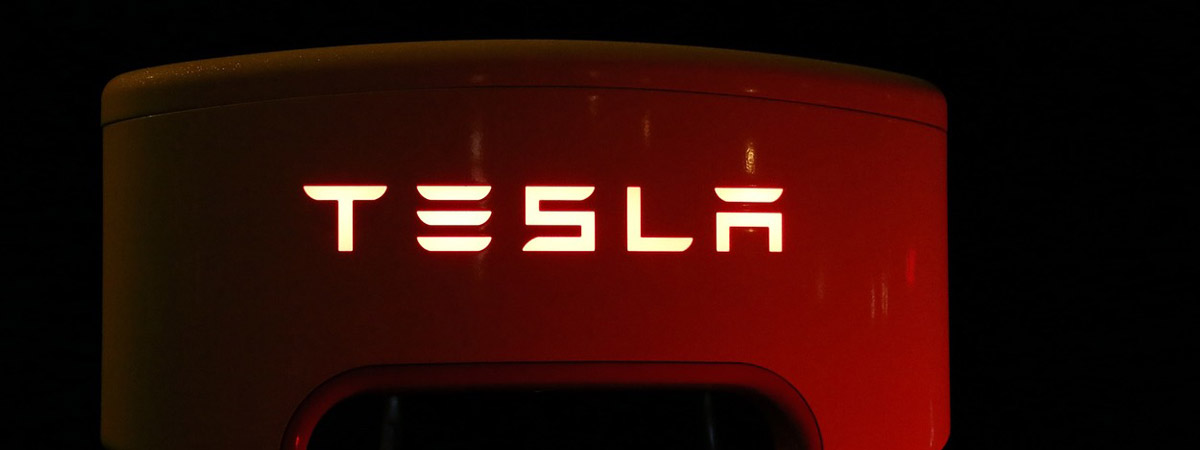
A report from Consumer Watchdog singled out Tesla as an example of what a hacker can do. The organization provided a small demonstration on YouTube, but received mostly negative feedback from users as it doesn’t really offer any details.
Modern cars integrate enough smart technology to qualify as an integral part of an IoT ecosystem. Like homes, cars didn’t become smart overnight but through a gradual process. Now, companies have to take into serious consideration that hackers are trying to compromise cars. In a worst-case scenario, vehicle hack would take place while the vehicle is on the road.
In Consumer Watchdog’s report, the organization mentions the dangers that await drivers in the digital world, with examples of cars that don’t give users an option to turn off wireless connections. Tesla is the only one featured in their demonstration.
“Consumer Watchdog built a simple box that hijacks a Tesla’s cellular connection,” states the report. “When the Tesla connected to the box, Consumer Watchdog was able to take over the screen of the car and send signals to it, mimicking messages that might come from Tesla.”
Unfortunately, this is all the information the organization gives. The video isn’t all that revealing, although they do seem to take over the Internet browser and write that the system has been hacked. Users have been quick to point out that the organization only managed to trick the browser and nothing else, saying that Tesla segregates the Internet browser from its components.
The report also claims that their method would technically allow them to load malware onto the car. Consumer Watchdog didn’t say whether they notified Tesla regarding this possible vulnerability.